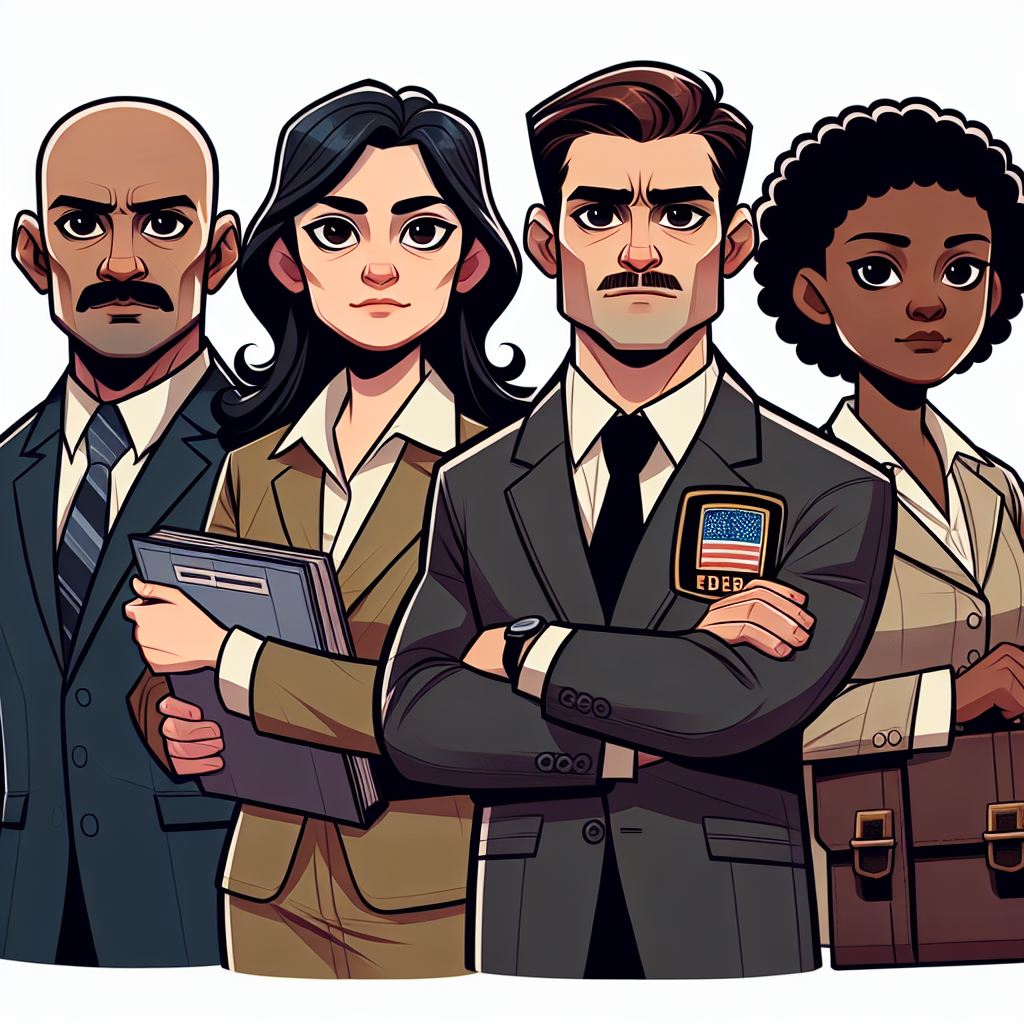Federal Streets: A New Layer of Policing in Urban America
Federal agents, deployed for crime control, are impacting urban dynamics in cities like Washington and Los Angeles. Their presence raises concerns about the erosion of trust between local communities and law enforcement, as operations blur the traditional boundaries between federal and city policing roles.

- Country:
- United States
In a tense new chapter of urban policing, federal agents have descended on the streets of Washington and Los Angeles, following an executive order from President Donald Trump declaring a crime emergency in the nation's capital. These agents, sometimes masked, are involved in street-level operations traditionally managed by local police forces.
The directive, aimed at restoring public order, has sparked criticism from urban leaders and civil rights groups. They argue that federal agents are not suited for everyday policing and that this strategy undermines the trust built between local police and their communities. Traditionally, federal agents focus on major investigations, not day-to-day urban crime management.
Transparency concerns also arise, as federal agencies have not fully adopted body-worn camera policies like many local departments. This lack of accountability, coupled with mask-wearing practices, further strains public trust. Meanwhile, efforts to obtain arrest information from federal sources prove cumbersome, complicating the public's understanding of justice administration.
(With inputs from agencies.)










